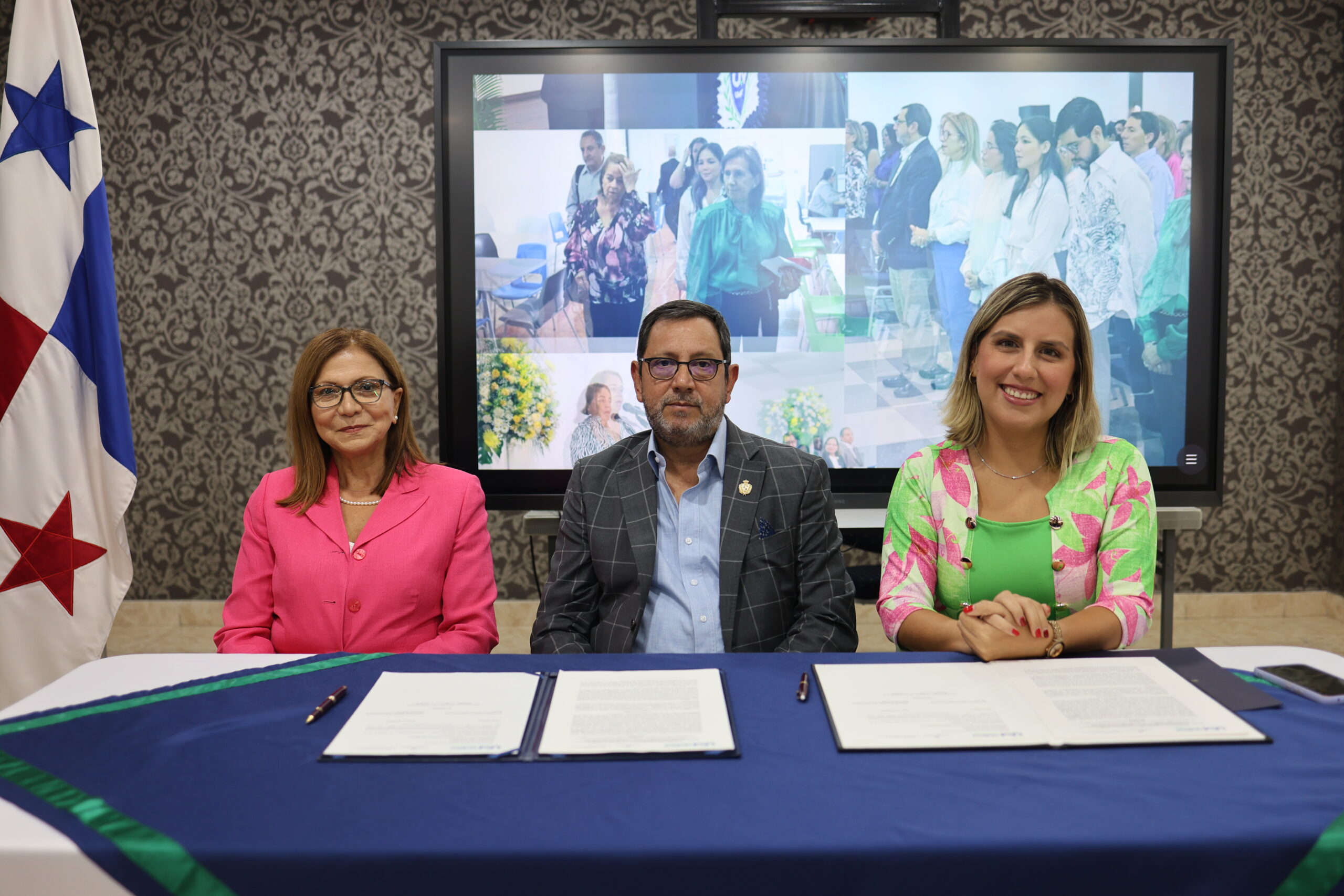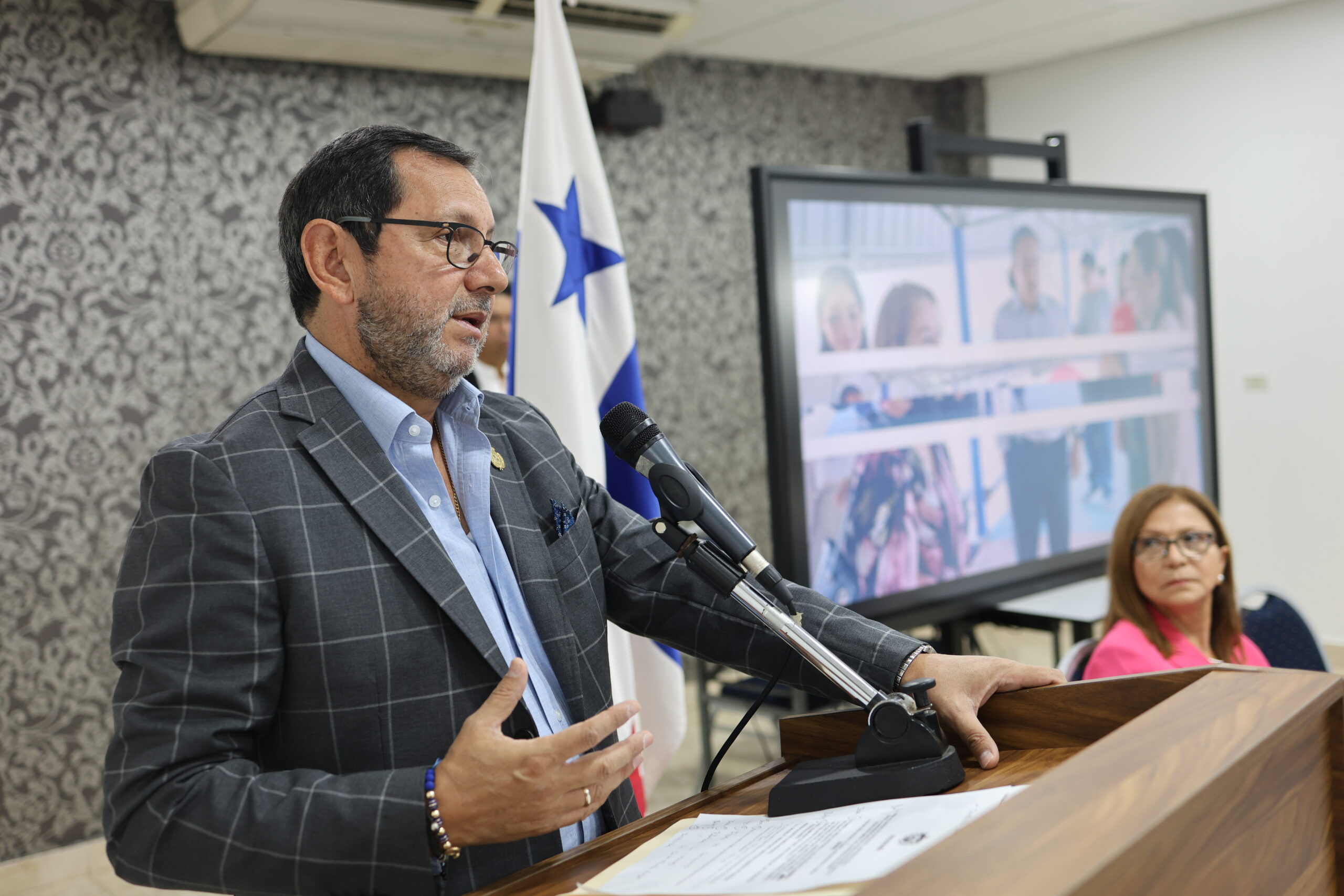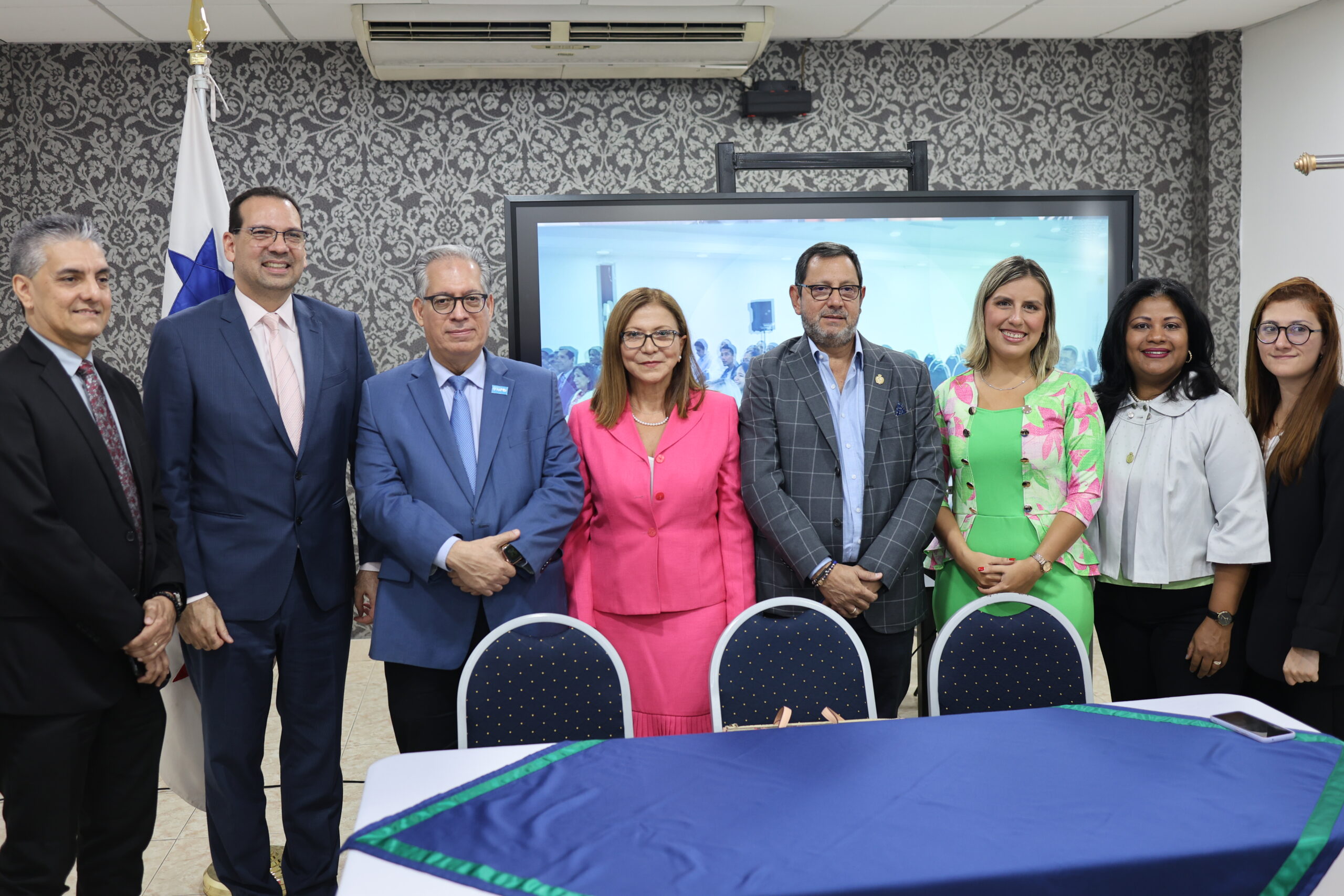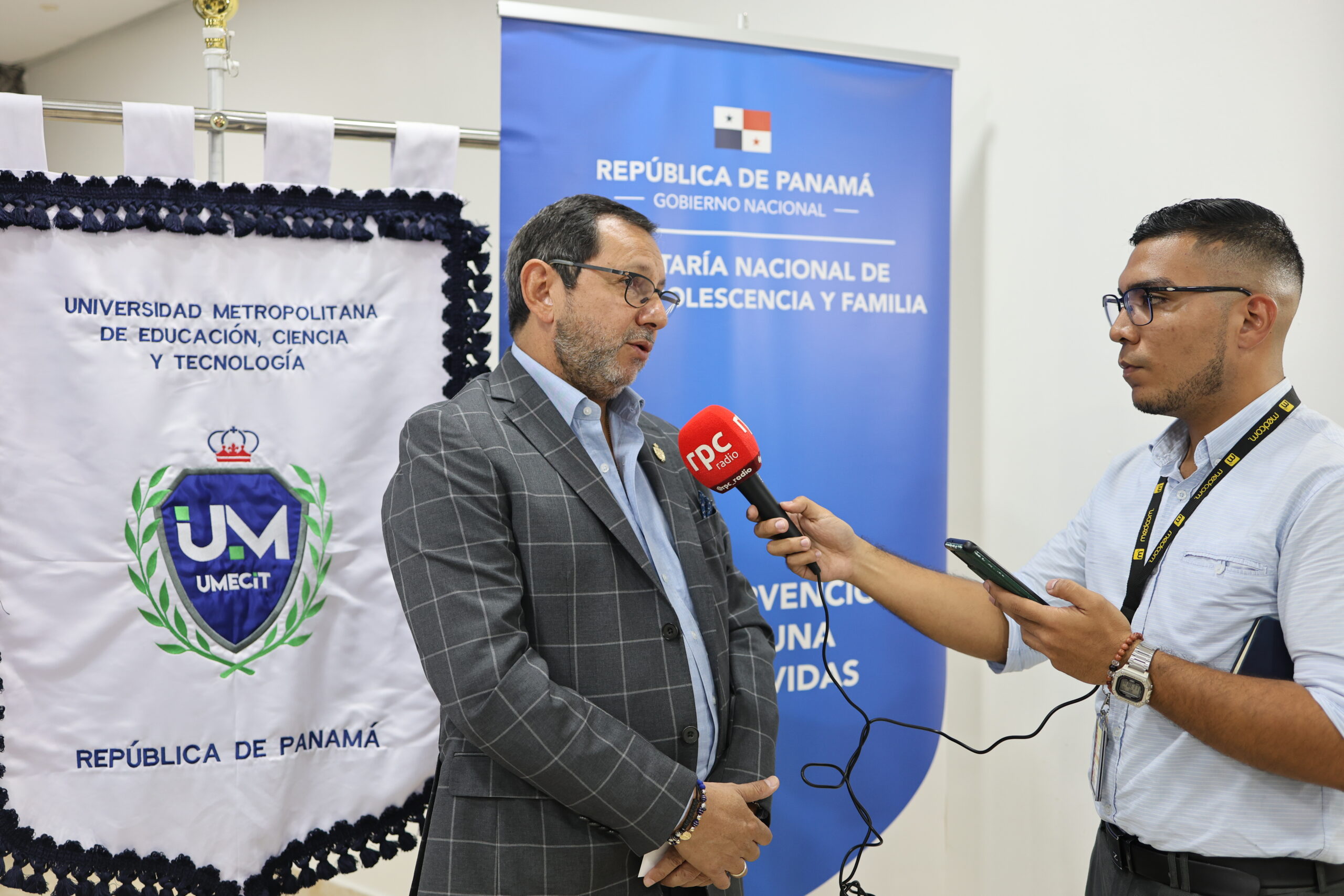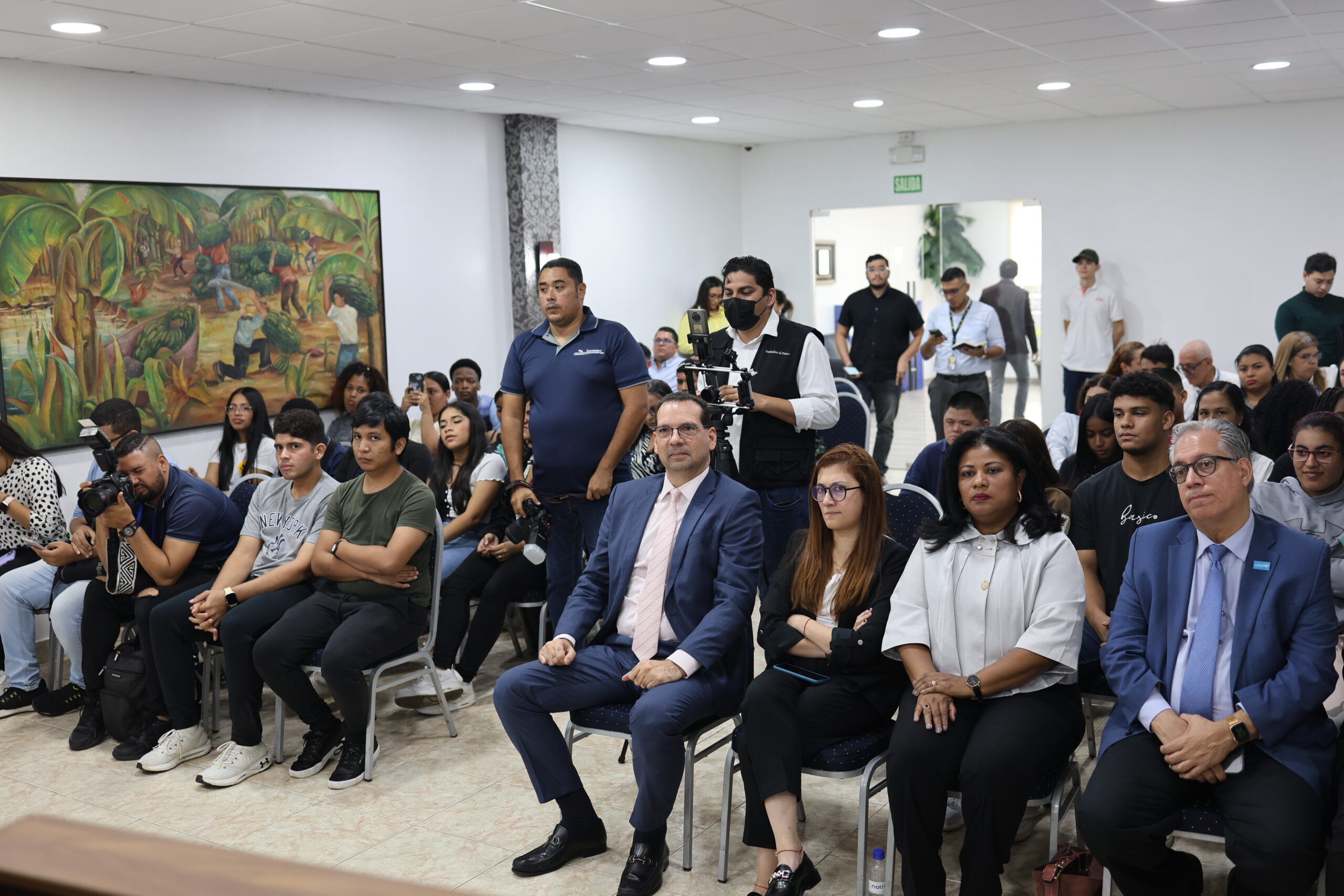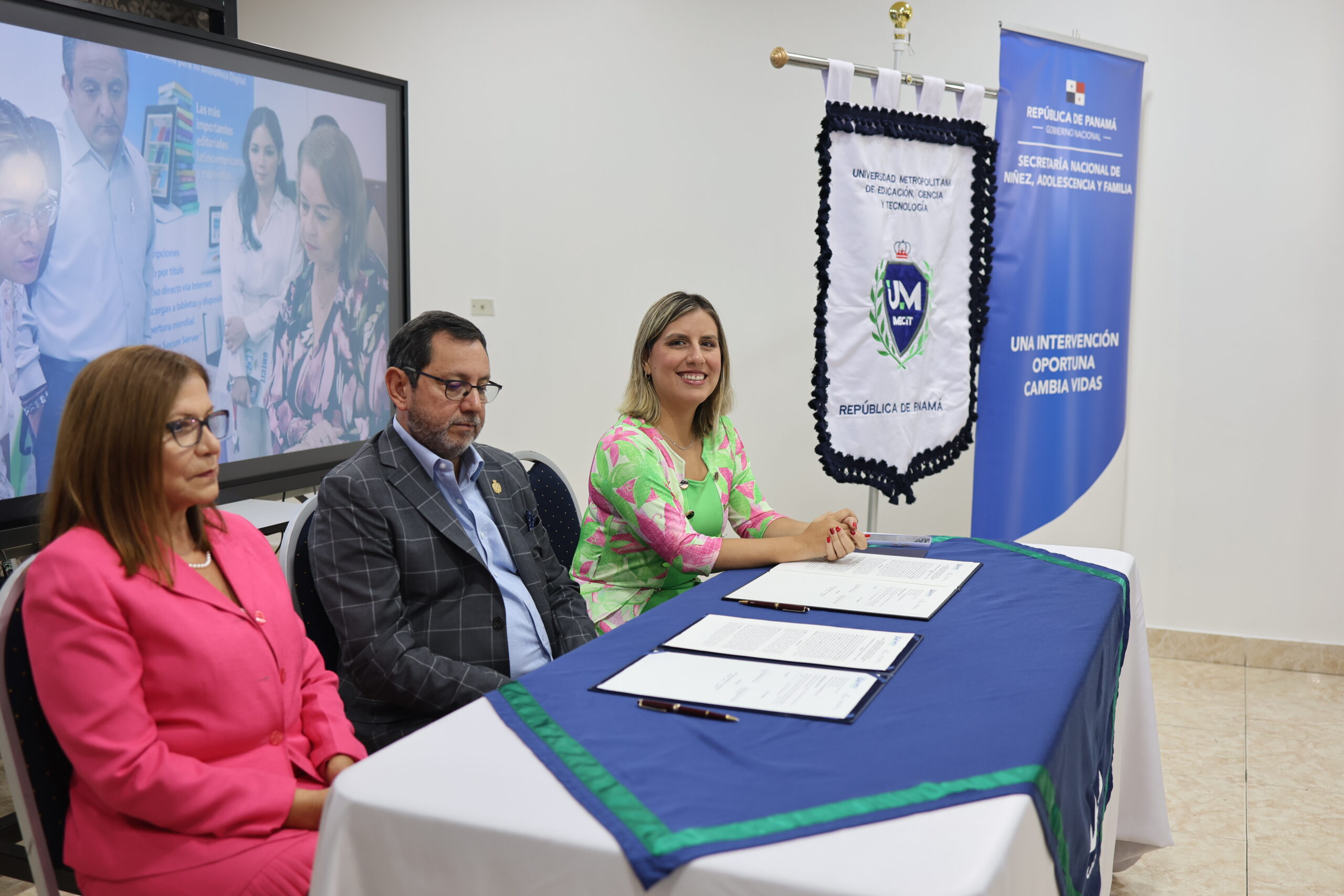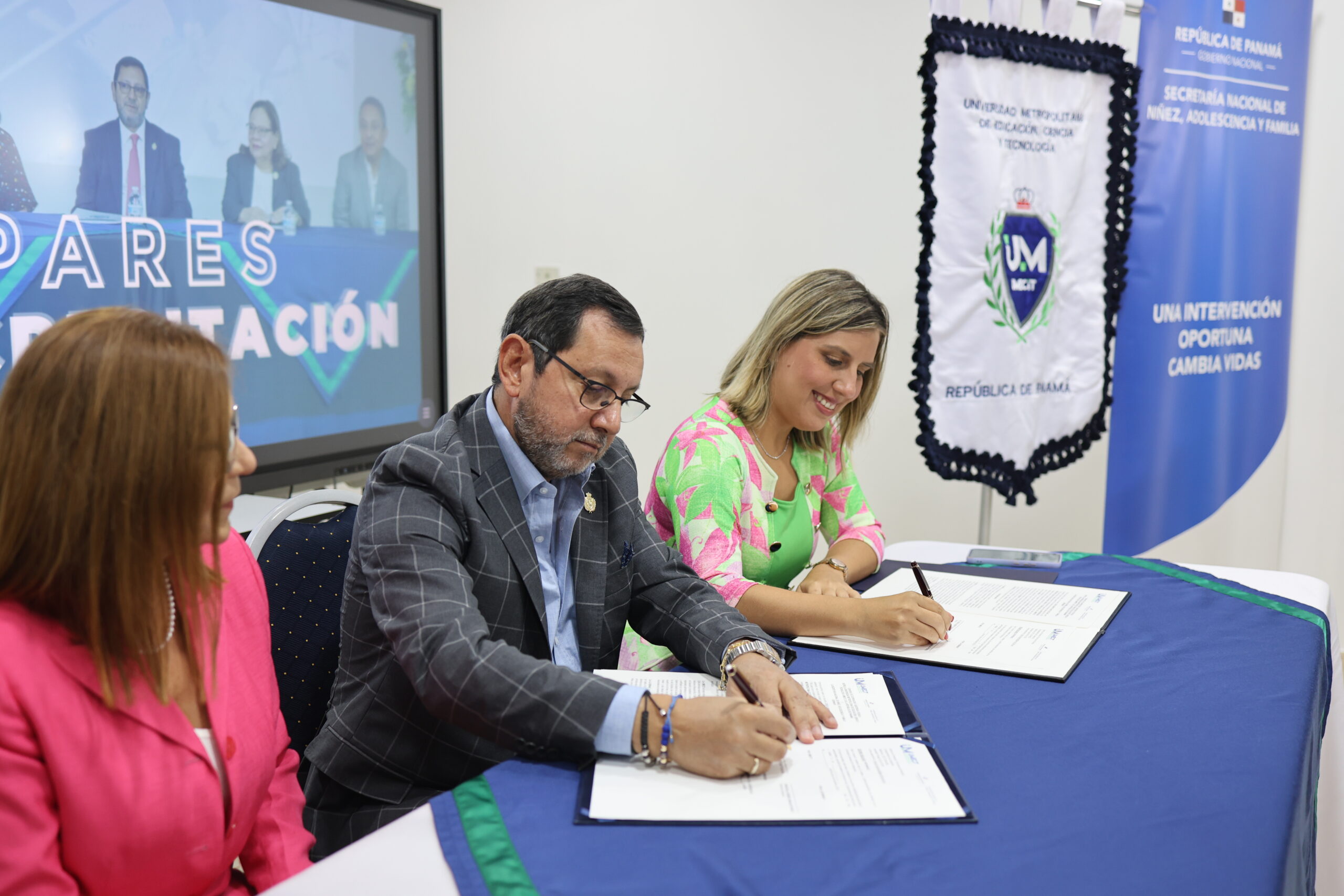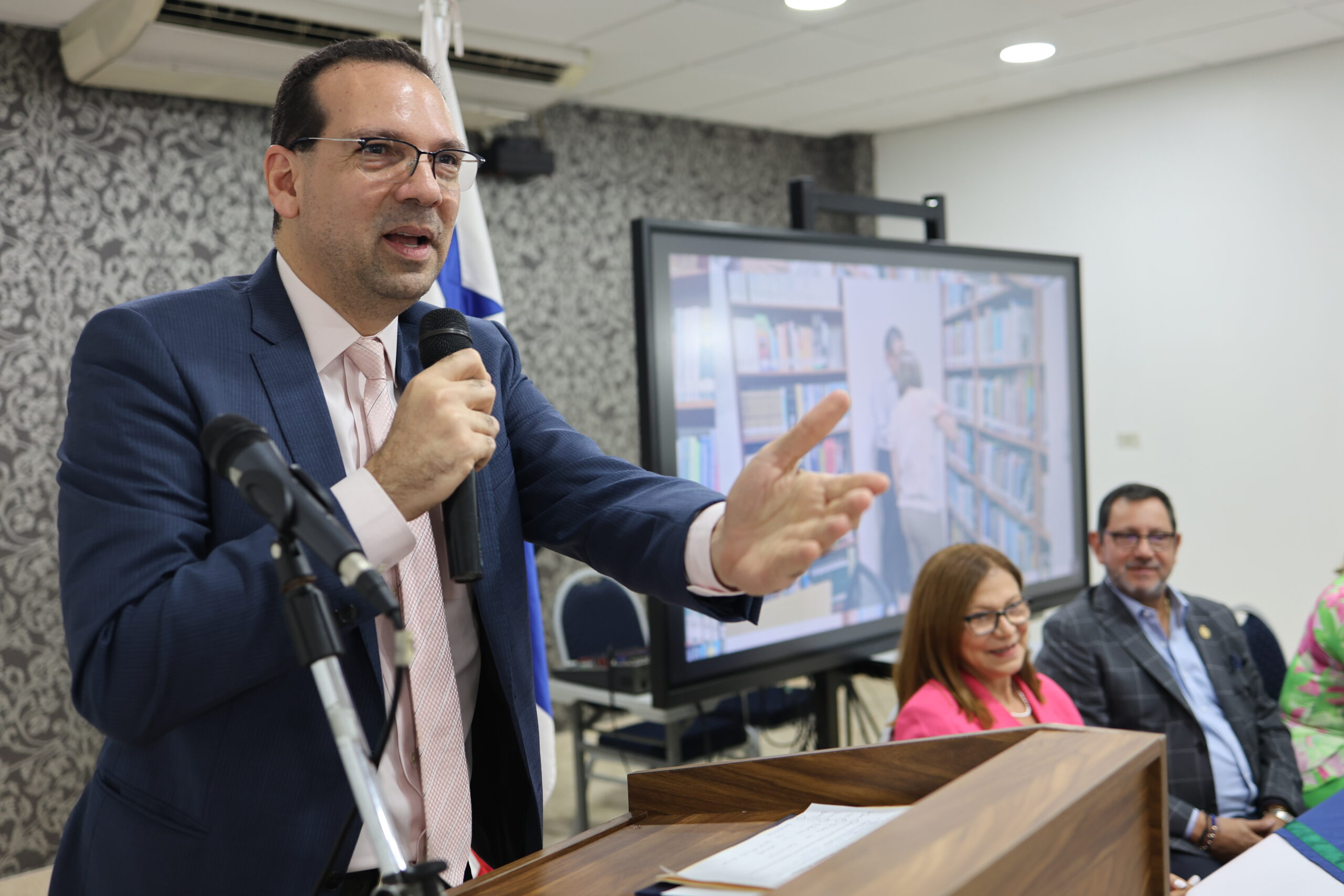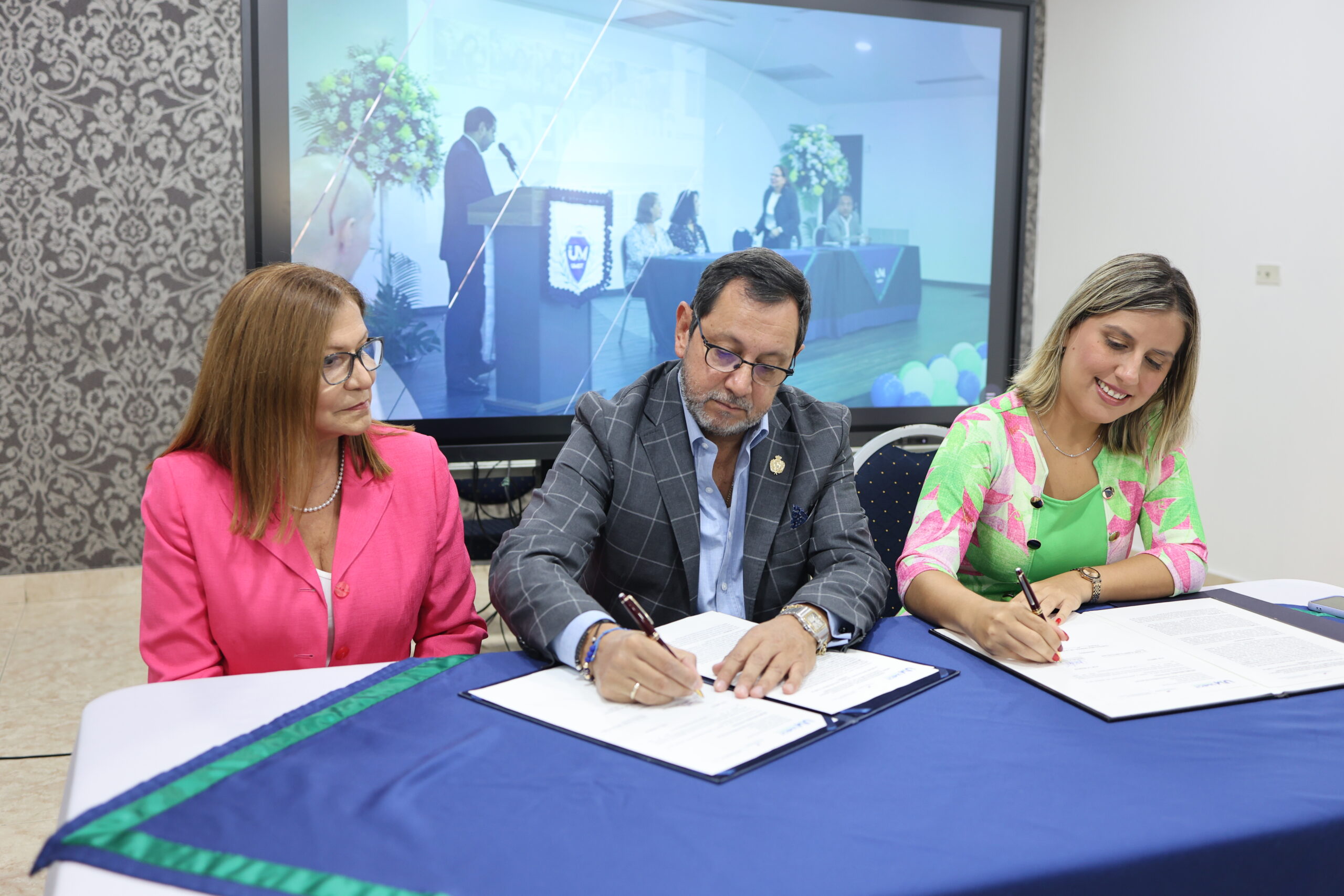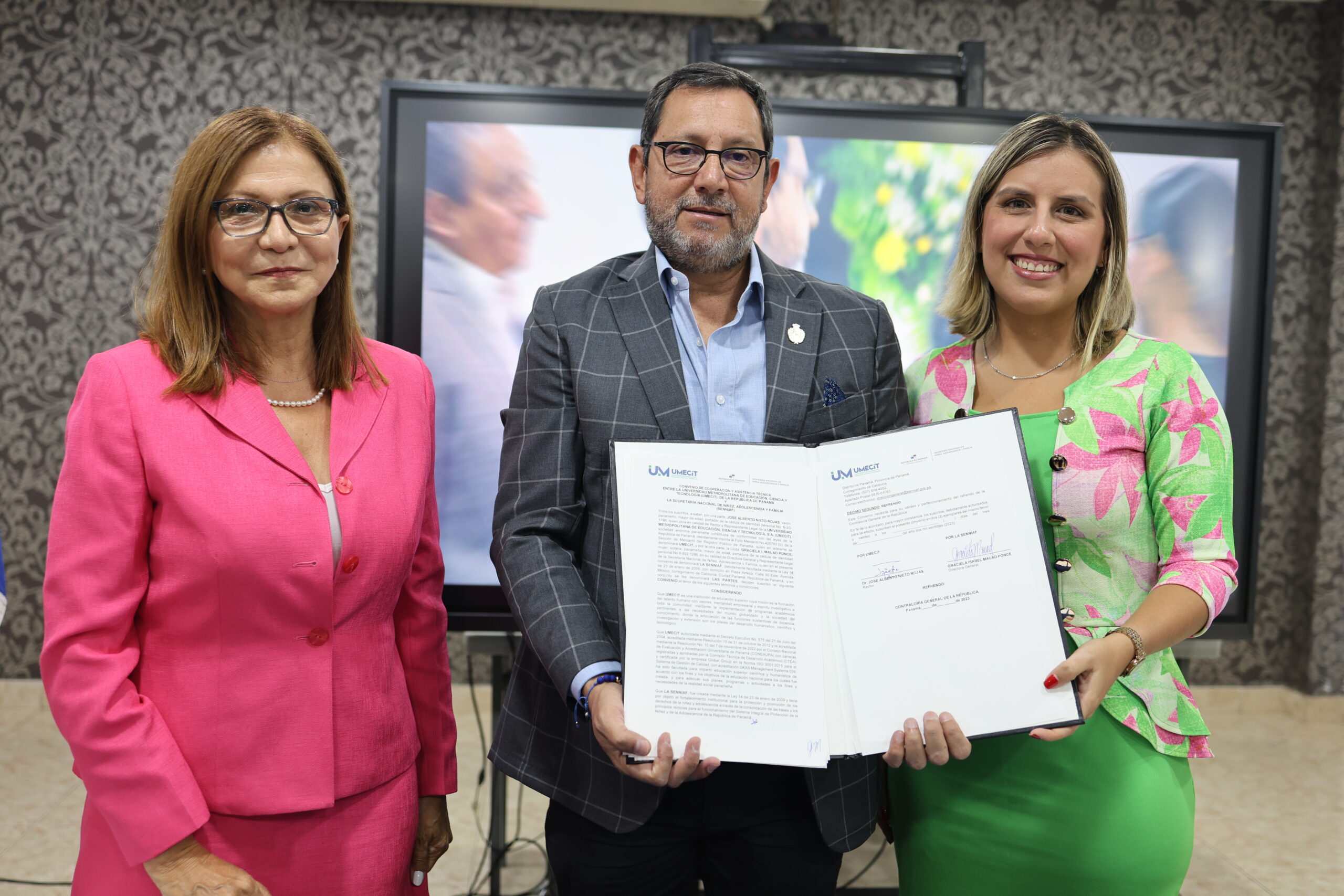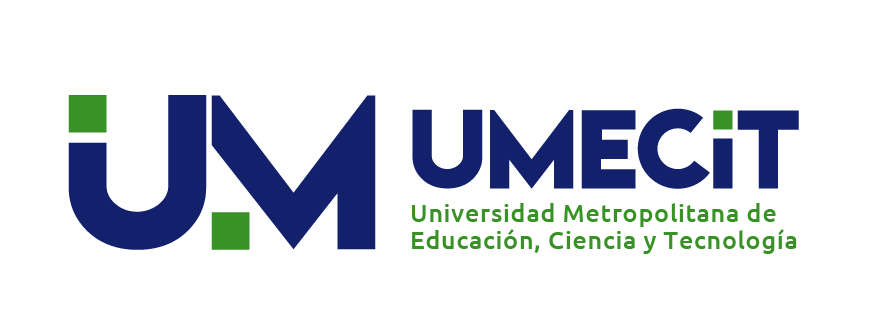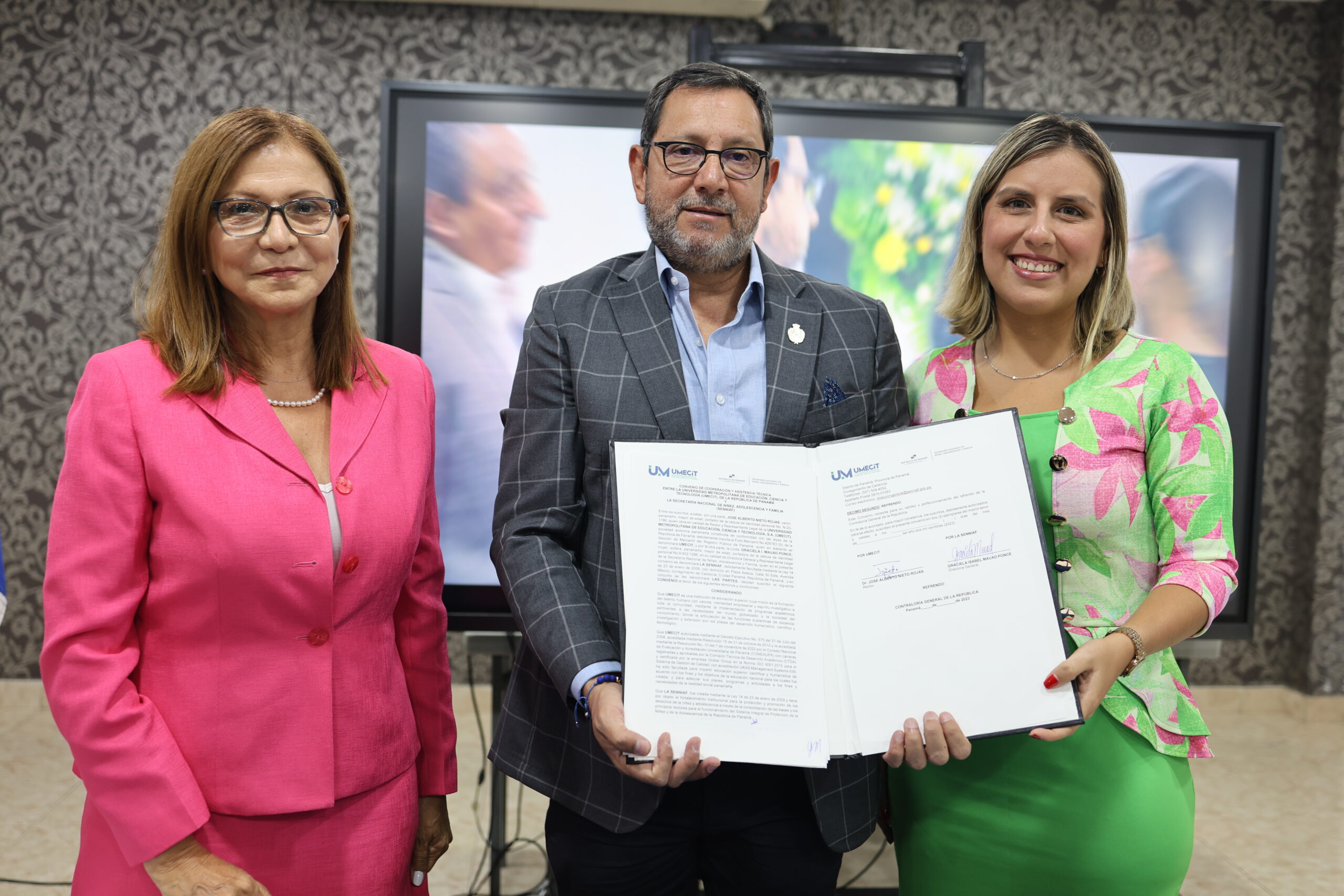UMECIT and SENNIAF join efforts for the Well-being of Children and the Family in Panama
The Metropolitan University of Education, Science and Technology -UMECIT- and the National Secretariat for Children, Adolescents and Family -SENNIAF- of the Republic of Panama have established an important Cooperation and Technical Assistance Agreement, with the firm purpose of strengthening and promoting actions joint ventures for the benefit of children, adolescents and families in the country.
This agreement represents a significant step in the search for comprehensive solutions for the well-being and development of children and adolescents, as well as the consolidation and strengthening of the family unit in Panamanian society. Through this strategic collaboration, both institutions are committed to working in key areas that contribute to the training and growth of future generations.
The agreement establishes a platform for technical cooperation in areas of vital importance, such as teaching, professional practice, extension, specialized communication, and research, all of which are oriented towards the comprehensive protection system for minors and families.
This multidisciplinary approach will make it possible to comprehensively address the challenges and needs faced by children and adolescents in today's society. Both institutions agree to cooperate in specific consulting programs, facilitate the participation of SENNIAF officials in UMECIT academic programs, collaborate in organizing joint events and activities, executing research projects and facilitating the exchange of relevant information.
In addition, the agreement contemplates the offer of internships to UMECIT students by SENNIAF, giving them the opportunity to acquire practical experience in the field of work carried out by SENNIAF and contributing to their comprehensive training as future professionals committed to social welfare.
The alliance between UMECIT and SENNIAF reflects the commitment of both institutions to education, comprehensive training and the sustainable development of Panamanian society. This agreement represents a significant step towards building a better future for the new generations, where the protection, care and strengthening of children and the family are fundamental pillars.
With this strategic collaboration, UMECIT and SENNIAF reaffirm their commitment to social responsibility and their contribution to sustainable human development in the country. Together, they will work tirelessly to create a positive and lasting impact in the lives of Panamanian youth and families, inspiring positive change in society and building a brighter future for all.
The formalization of this transcendental agreement took place in a significant act carried out in the Conference Room of our House of Studies. In this act, Graciela I. Mauad Ponce, General Director and Legal Representative of the National Secretariat for Children, Adolescents and Family, and the rector of UMECIT, José Alberto Nieto Rojas, put their signatures on the agreement that marks the beginning of a fruitful collaboration.
Magister Joaquín Vásquez Ramírez, whose commitment and management have been fundamental in the creation of this strategic alliance, was present to witness and support this historic moment.
Within the framework of the Graciela Mauad event, she highlighted that with the signing of this agreement "The shared responsibility that society has to ensure the correct development and due protection of our boys and girls is being fulfilled"
For his part, the rector José Alberto Nieto Rojas emphasized that the signing of this agreement will promote student internships, of a career that is greatly strengthened thanks to the reaccreditation of the psychology career. Likewise, he highlighted the relevance of integrating various careers, such as physical education, physiotherapy, psychology and preschool, in this collaborative agreement.
The signing of this agreement was attended by the inspiring presence of UMECIT students, teachers and administrators, who, with their enthusiasm and commitment, reflect the importance and positive impact that this collaboration will have on the training and well-being of the academic community and, ultimately, in Panamanian society as a whole.
